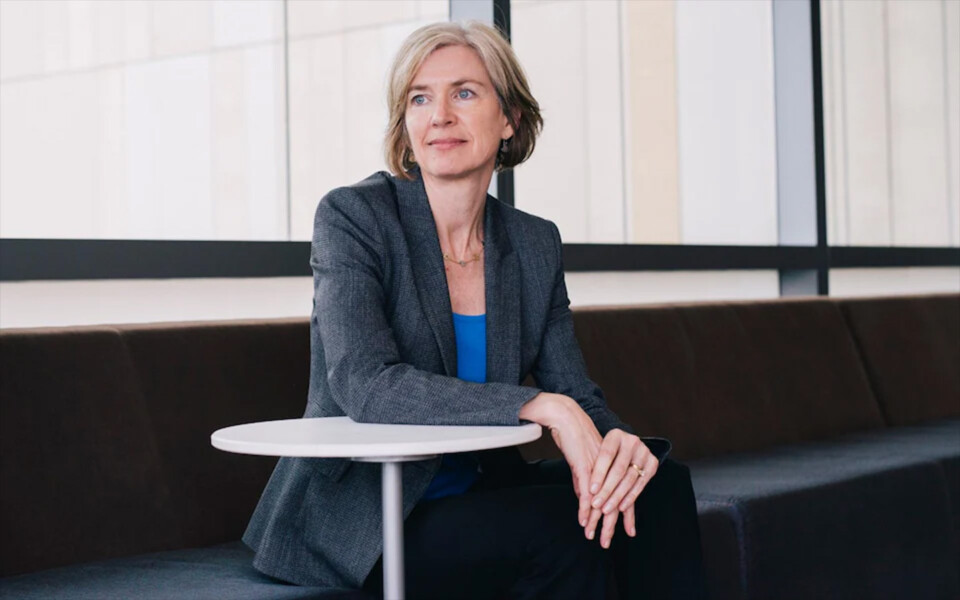The small-town Nobel Prize winner who wants to cure Alzheimer’s in 10 years
Prof Jennifer Doudna, the ‘Godmother of Crispr’, says ‘figuring out how to edit the brain is probably coming in the next decade’.
Jennifer Doudna says she is an “unlikely success story” because she grew up in a small town with no scientists in her family to speak of.
But four years ago, she won a Nobel Prize for her discovery of the pioneering Crispr technology and now finds herself standing at the forefront of modern science.
The technology, known as “genetic scissors”, allows scientists to modify the DNA of living organisms and has the power to help future-proof crops against climate change, and create methane-free livestock.
Now, Prof Doudna, 60, hopes her breakthrough can find a cure for dementia in the next decade.
Prof Doudna, sometimes dubbed the “Godmother of Crispr”, invented a way to target a string of faulty DNA, cut it out and replace it with an alternative by repurposing a niche part of the bacterial immune system.
The bacterial process – when tinkered with in a lab – can replace any faulty and disease-causing genes in any stretch of DNA, including in people. It offers tantalising hope for those with genetic conditions ranging from sickle cell anaemia to Huntington’s Disease.
Her Nobel Prize win in 2020, just eight years after Crispr’s discovery, demonstrates the seismic impact this technology has had on biology and the potentially game-changing genetic medicines it could soon provide.
The Nobel Laureate is now based at the University of California, Berkeley, and founded the non-profit Innovative Genomic Institute in 2014 to help further develop Crispr and make it more accessible.
“There’s a lot of effort at our institute currently for neurodegenerative disease, so figuring out how to actually edit the brain, I think that’s probably coming in the next decade,” she told The Telegraph.
She said she wants Crispr to become a “standard of care in medicine for some diseases”.
The first Crispr medicine was authorised for use on the NHS this August. But the gene therapy treatment for the blood condition beta thalassemia, called Casgevy, requires an arduous hospitalisation process in which stem cells are taken out of a patient’s bone marrow, edited in a laboratory and then infused back into the patient at a cost of around $2 million each time.
But Prof Doudna wants to develop Crispr into an injection that can be given to patients like a vaccine in a GP surgery, making the therapy cheaper and more accessible. This, she says, could be just a couple of years away…


